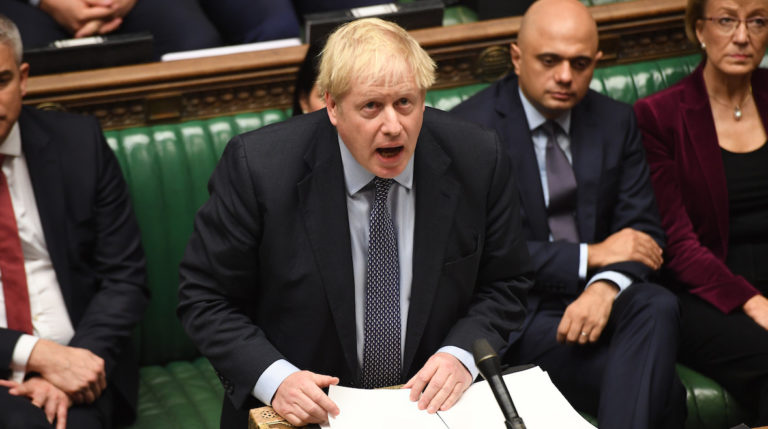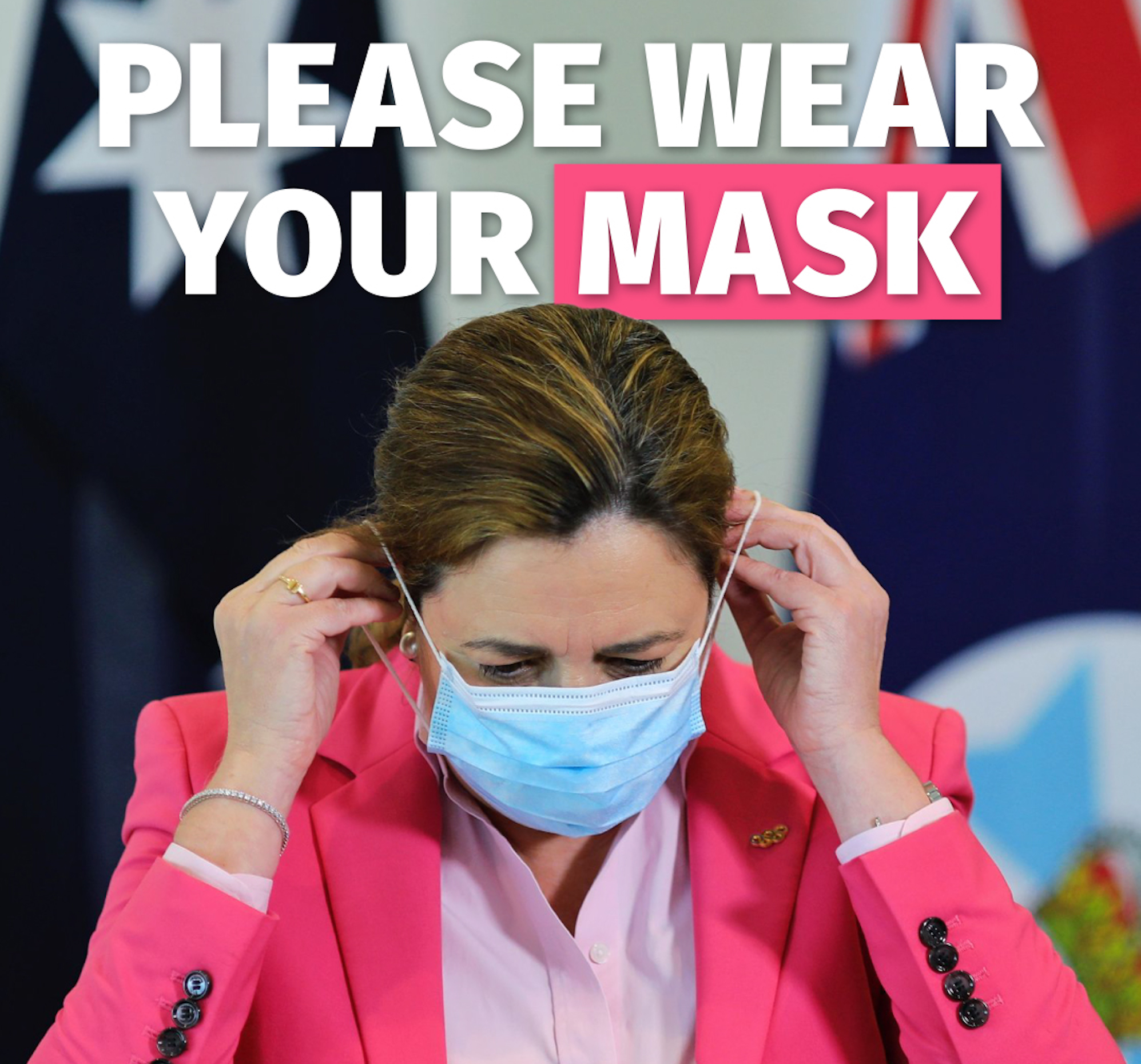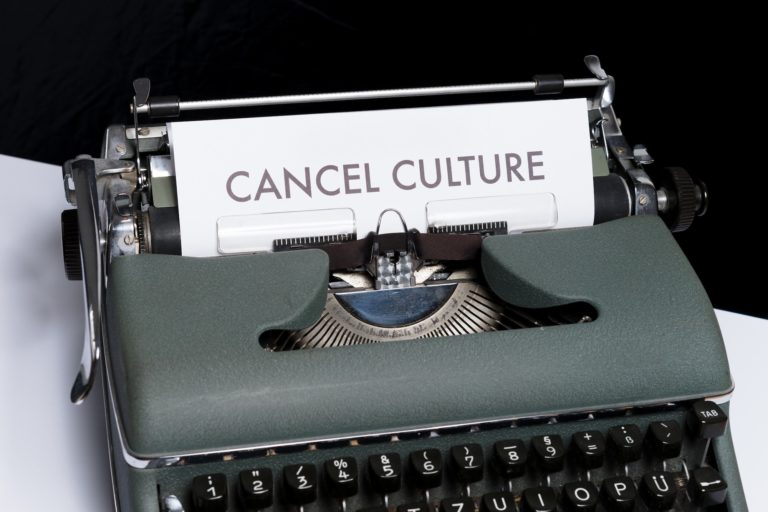
Consequences
As any parent knows, the capital of consequences – their potential to shape desired behaviour – is critical to define and to spend wisely. The UK has long been a beacon of good governance. It rates highly on Transparency International’s Corruption Perceptions Index, but experts worry that the Johnson government risks undermining this cherished status.



 Dr Hugh Breakey
Dr Hugh Breakey
